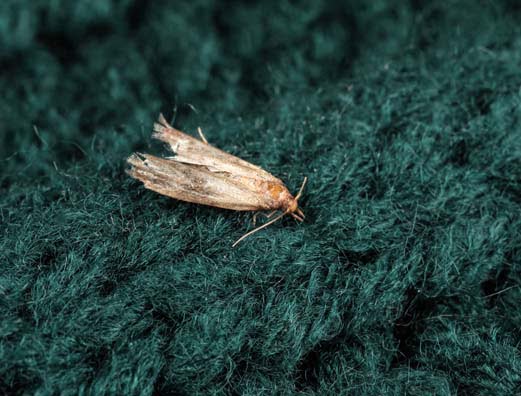Next up in effectiveness is to spray insecticides directly on the nest but, again, as you need to get close to the nest you’re at high risk of aggravating the swarm and getting attacked. Pesticide sprays can take down wasps on the wing, but without killing the queen, the colony will quickly reestablish itself.
Because of their highly aggressive nature, we highly recommend that you leave wasp extermination to a professional team. We have a method for exterminating wasps nests that is safe, thorough and effective.
First of all, any time we’re dealing with a wasp nest we wear full protective gear, the same that you would see bee keepers wear, and we treat the nests from a distance with spears and extension lances.
The insecticides we use are a powder application that sticks to the bodies of the wasps as they pass by it. This powder is then carried inside the nest where it will poison the queen and send the colony into rapid collapse.
Because the insecticide is carried by the wasps, we don’t need to have direct access to the nest to be able to destroy the colony. If we can’t access the nest, we apply the powder around the holes the wasps use for access, where it is picked up on their bodies.
Once the queen is dead, we back off from the nest for an hour or more. The thousands of wasps that made their home in the nest will become aggressive and erratic without their queen. They will eventually leave, but until they do, we keep our distance.












